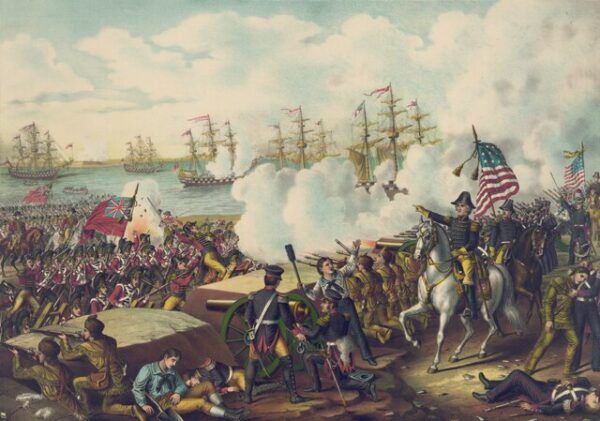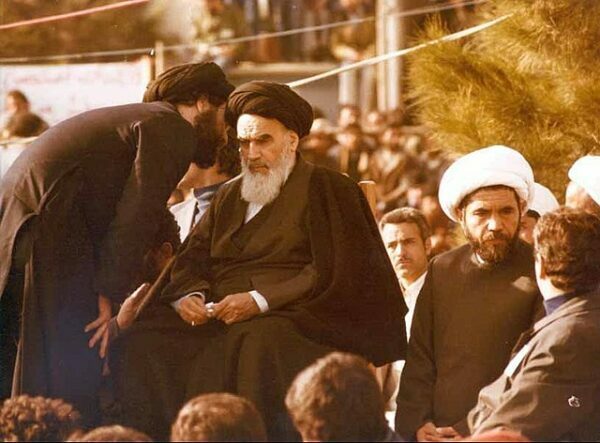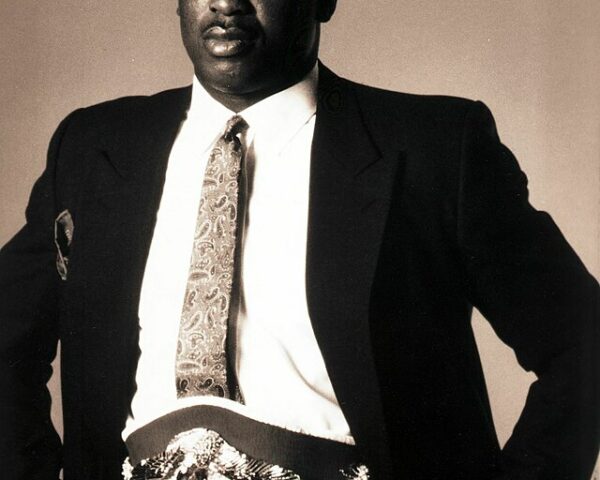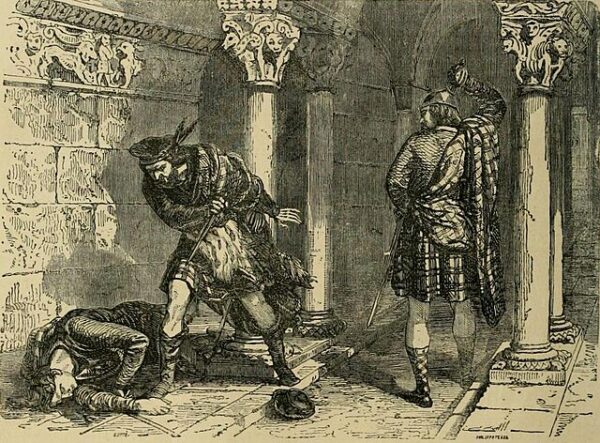The Battle of New Orleans, fought on January 8, 1815, stands as one of the most remarkable and celebrated military victories in American history. Under the leadership of Major General Andrew Jackson, American forces delivered a decisive defeat to a larger, better-equipped British army. This victory not only secured control of the Mississippi River but also boosted national morale in the aftermath of the War of 1812.
The war had stretched on for over two years, marked by naval clashes, territorial invasions, and even the burning of Washington, D.C., by British troops. As peace negotiations progressed in Europe, both sides aimed to secure key strategic positions before a final treaty could be ratified. New Orleans, a critical port city controlling access to the Mississippi River and the American interior, became a primary target for British forces.
In December 1814, approximately 8,000 British troops, led by Major General Sir Edward Pakenham, arrived near New Orleans. Their mission was to seize the city, sever American control of the Mississippi River, and deal a devastating blow to the young nation’s economy and morale. In response, Andrew Jackson assembled a diverse force made up of U.S. Army regulars, state militia, free African Americans, Native American allies, and even a group of pirates led by the infamous Jean Lafitte.
Jackson’s leadership proved to be a defining factor in the battle. Known for his relentless determination, strategic acumen, and ability to unite diverse groups, Jackson quickly fortified his defenses along the Rodriguez Canal. Despite being outnumbered and outgunned, his forces benefited from the fortified positions and a keen understanding of the battlefield’s swampy terrain.
On the morning of January 8, 1815, the British launched their final assault. General Pakenham aimed to crush the American defenses through a frontal attack. However, the operation was marred by poor communication, logistical failures, and a gross underestimation of the Americans’ defensive preparations. As British soldiers advanced across open fields, they were met with relentless artillery fire and musket volleys from the entrenched American troops.
The battle quickly turned into a catastrophic defeat for the British. General Pakenham was mortally wounded in the fight, along with many of his senior officers. By the end of the engagement, the British had suffered over 2,000 casualties, including those killed, wounded, or missing, while American losses were remarkably light, with fewer than 100 casualties.
Although the Treaty of Ghent, formally ending the War of 1812, had been signed weeks earlier on December 24, 1814, news of the treaty had not yet reached Louisiana. Despite its timing, the victory at New Orleans became a monumental event in American history. It fostered a deep sense of national pride and elevated Andrew Jackson to the status of a national hero.
The battle’s significance extended far beyond the immediate military outcome. It demonstrated the resilience and determination of the United States in the face of one of the world’s most powerful armies. It also contributed to a stronger sense of national identity and reinforced the belief in America’s ability to defend its sovereignty. Jackson’s success on the battlefield laid the groundwork for his eventual election as the seventh President of the United States in 1828.
Today, annual commemorations and the enduring legacy of the battle continue to honor the courage and sacrifice of Jackson and his diverse band of defenders on that pivotal day in January 1815.






